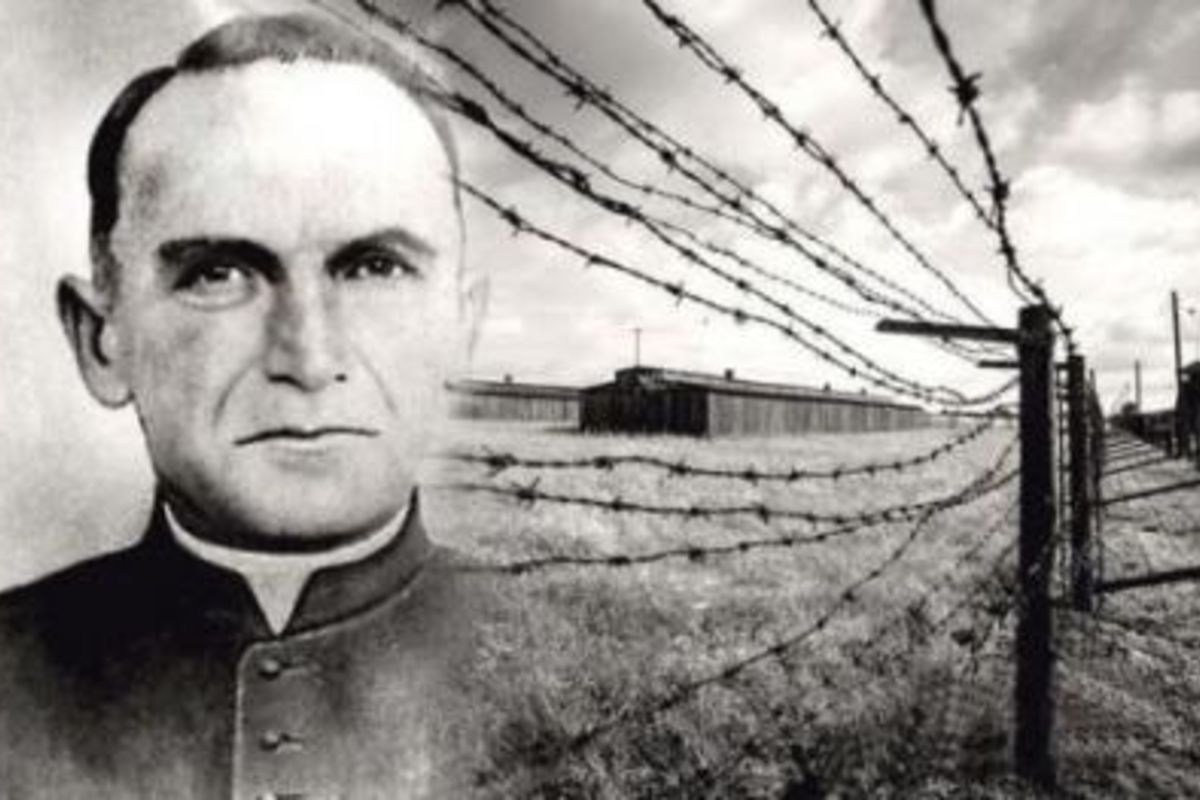Omelyan Kovch was born in the family of a Greek-Catholic priest in the Kosiv region (now Ivano-Frankivsk region). The parents did everything possible to ensure that their son received a good education. After obtaining a high school diploma at the Lviv Gymnasium, he studied philosophy and theology at the Pontifical Urbanian University in Rome.
In 1911, Omelyan Kovch was ordained a priest and was appointed to his first parish in the village of Pidvolochysk (now Ternopil Region). In 1912, O. Kovch agreed to head a parish in Bosnia, where many emigrants from Galicia lived at that time. In 1916, Omelyan Kovch returned to Galicia with his family.
After the end of the First World War in 1918, the Ukrainian Galician Army (UGA) was created. As a priest, Omelyan Kovch could not hold a weapon, so he decided to join the UGA as a chaplain to support the fighting spirit of Ukrainian soldiers.
In 1922, Kovch received a parish in Przemyslany, Lviv Region. At that time, the lands of Galicia were part of Poland. Through his efforts, the religious and social life of the town was gradually developed: the church, “Prosvita”, the People's House, where a reading room was organized, were restored. The priest supported “Plast” and various branches of the Ukrainian community. Omelyan's active public activity caused dissatisfaction on the part of the Polish authorities. During 1925–1934, the Polish police searched his house about 40 times. Kovch was regularly arrested for short periods and fined.
In September 1939, Nazi Germany and the Soviet Union launched World War II and occupied Poland. Galicia was captured by the Red Army. The communists tried in every possible way to restrict religious life. But Omelyan Kovch continued to fulfill his duties as a priest and constantly asked the authorities for permits for religious events. In 1941, after the attack of Nazi Germany on the USSR, Western Ukraine was occupied by the troops of the Third Reich. Despite the change of power, the priest's attitude to his duties has not changed. The harsh policy of the Nazis towards the local Jewish population encouraged him even more to help people, despite their religion and origin. When the Nazis created a ghetto in Przemyślny, O. Kovch repeatedly made his way there to help the Jews, bringing food, medicine, clothes, etc. One of the ways of saving the Jews, which the priest resorted to, was their baptism. It could save from the ghetto or concentration camp.
Iryna Piskaryova

